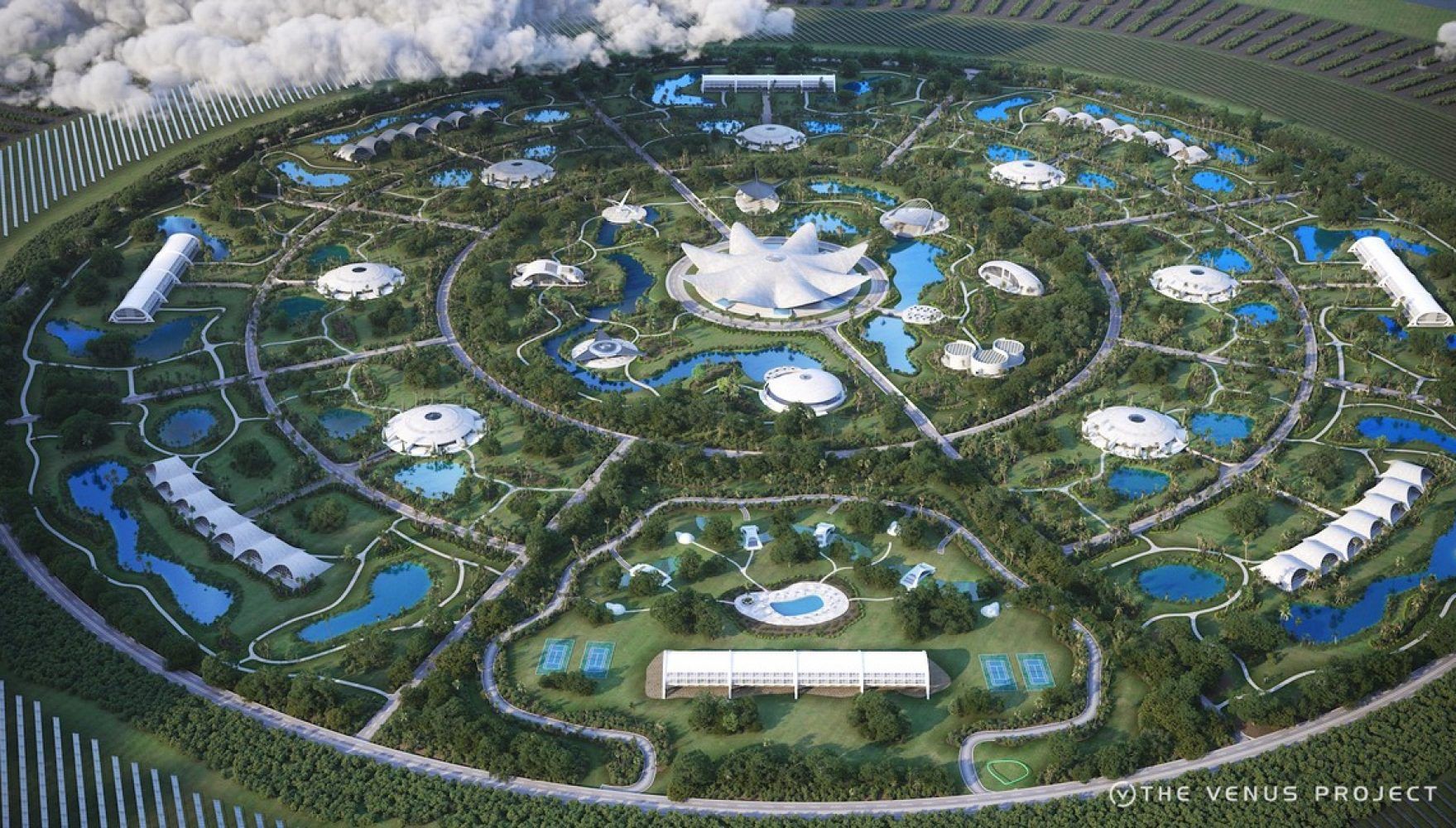As many of you know, capitalist talk of automation includes a vision that dispenses with workers completely. This myopic vision is impossible since without paying workers wages, who is going to buy capitalist products off the shelf? Under capitalism, it appears that automation is the enemy of workers.
However, another definition used by Marxian and anarchist theoreticians is of automation that supplements the work of workers, by relieving them of the mechanical, rote tasks while working less. Given extreme weather and the pandemic, is it too late for post-scarcity socialism?
Read in Dissident Voice


I deal extensively with this transition, which is an ongoing process, in http://bit.ly/EndOfEmployment “On the End of Employment”
The fact that automation will completely supplant labor was foreseen by Marx in his “The Fragment on Machines” in Grundrisse: Foundations of the Critique of Political Economy. See e.g. https://archive.org/stream/TheFragmentOnMachinesKarlMarx/The%20_Fragment%20on%20Machines_%20-%20Karl%20Marx_djvu.txt. I seriously recommend the author read it, as the process Marx predicted is already well underway. What has to be done is that the fruits of automation be fully and equitably redistributed across society. Then everyone will have sufficient income to live comfortably, engage in the economy and do only those things they wish to do. For many reasons, the best way to accomplish this with minimal disruption, is to provide a universal much better than basic income.
Marx said “it is the machine which possesses skill and strength in place of the worker, is itself the virtuoso, with a soul of its own in the mechanical laws acting through it; and it consumes coal, oil etc. (matieres instrumentales), just as the worker consumes food, to keep up its perpetual motion.” and predicted in “The German Ideology” that “…in communist society, where nobody has one exclusive sphere of activity but each can become accomplished in any branch he wishes, society regulates the general production and thus makes it possible for me to do one thing today and another tomorrow, to hunt in the morning, fish in the afternoon, rear cattle in the evening, criticise after dinner, just as I have a mind, without ever becoming hunter, fisherman, herdsman or critic. This fixation of social activity, this consolidation of what we ourselves produce into an objective power above us, growing out of our control, thwarting our expectations, bringing to naught our calculations, is one of the chief factors in historical development up till now.” [Vol. 1, Ch. 1, Sec. A].
Great points. We’ve read the Marx stuff but the author of the article might do well to read it.